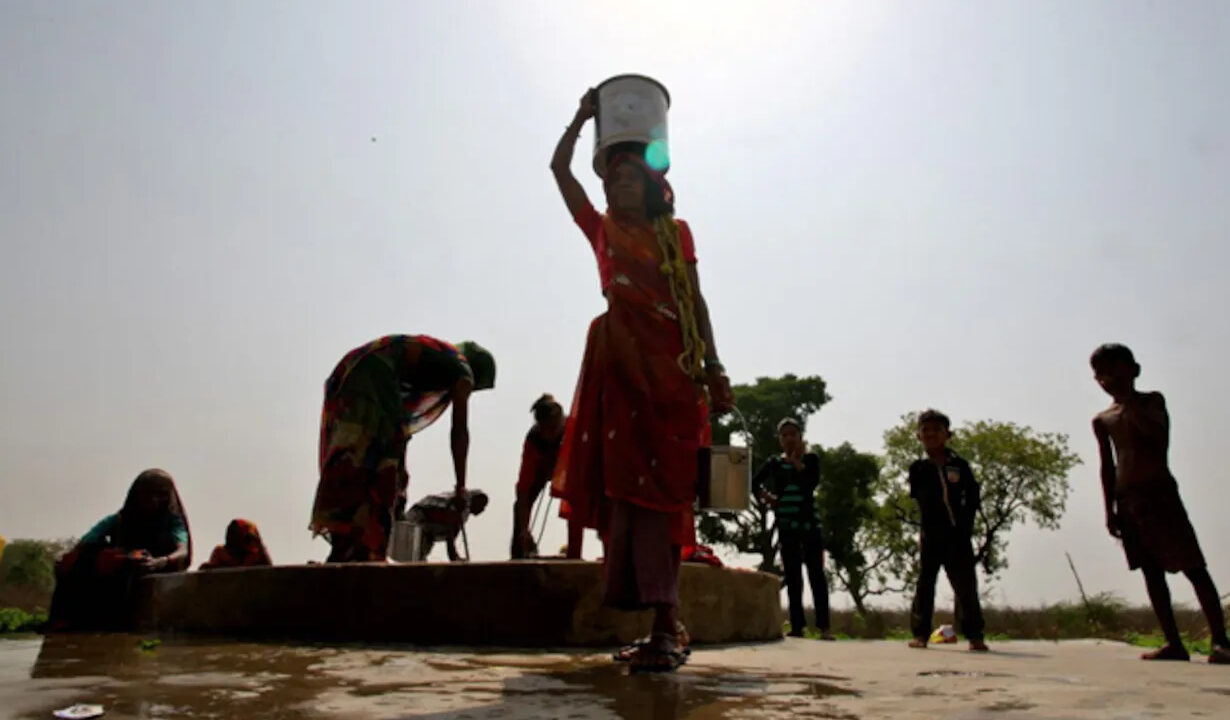
India’s vibrant democracy doesn’t shy away from heated debates, and the current economic climate has ignited a firestorm of concerns. The opposition parties have mounted a strong offensive, raising their voices against the twin demons of rising inflation and unemployment, casting a shadow of uncertainty over the nation’s economic trajectory.
Inflation, the invisible monster gnawing at household budgets, has soared in recent months, reaching a five-year high of 7.4%. This surge has eroded the purchasing power of millions, particularly impacting low-income families struggling to make ends meet. Essential items like food and fuel have become more expensive, adding pressure to already strained budgets.
Unemployment, the other unwelcome guest at the economic dinner table, paints a similarly worrying picture. Job creation has slowed down, leaving many seeking opportunities in a competitive landscape. The formal sector, typically seen as a beacon of hope, has witnessed job cuts and hiring freezes, adding to the anxieties of the young and aspiring workforce.
These concerns resonate with the opposition benches, who have relentlessly questioned the government’s economic policies. They’ve demanded concrete measures to curb inflation, citing rising prices of essential commodities as a pressing issue. The issue of unemployment has also found its way into their critiques, with calls for policies aimed at stimulating job creation and boosting the struggling informal sector.
The government, on the other hand, acknowledges the challenges but paints a different picture. They highlight ongoing efforts to control inflation, including interventions in the food grain market and measures to ease supply chain disruptions. On the unemployment front, they point towards infrastructure projects and skill development initiatives as key drivers of future job creation.
However, the opposition remains unconvinced. They call for transparency and accountability, demanding clearer action plans and faster implementation of promised solutions. The debate has reignited public discourse on the economy, with citizens anxiously awaiting tangible measures to address their concerns.
The path forward requires a multi-pronged approach. Controlling inflation will involve tackling both demand and supply-side factors, while job creation necessitates a focus on reviving small businesses, boosting domestic manufacturing, and investing in sectors with high employment potential. Additionally, social safety nets must be strengthened to cushion the impact of inflation on vulnerable sections of society.
Ultimately, ensuring inclusive and sustainable economic growth requires a collaborative effort from all stakeholders. Open dialogue, transparent policymaking, and focused implementation of effective solutions are crucial to navigating these turbulent economic waters. As India faces the scrutiny of both the opposition and its own citizens, the challenge lies in fostering an environment where economic well-being becomes not just a political talking point, but a tangible reality for every citizen.
Join the conversation! Share your thoughts on India’s economic challenges and potential solutions using #IndiasEconomy. Let’s work together to build a future of economic stability and prosperity for all.




















